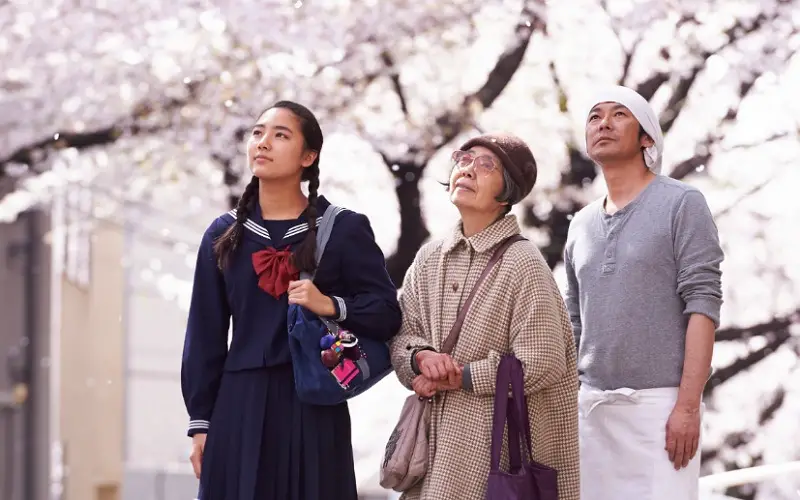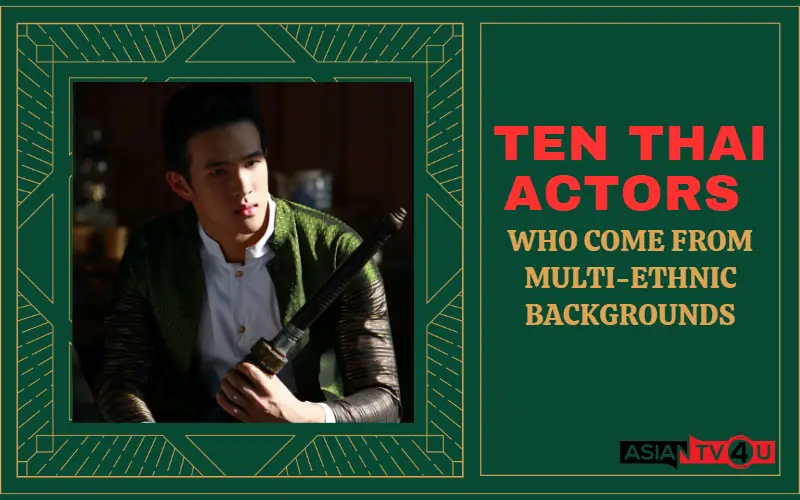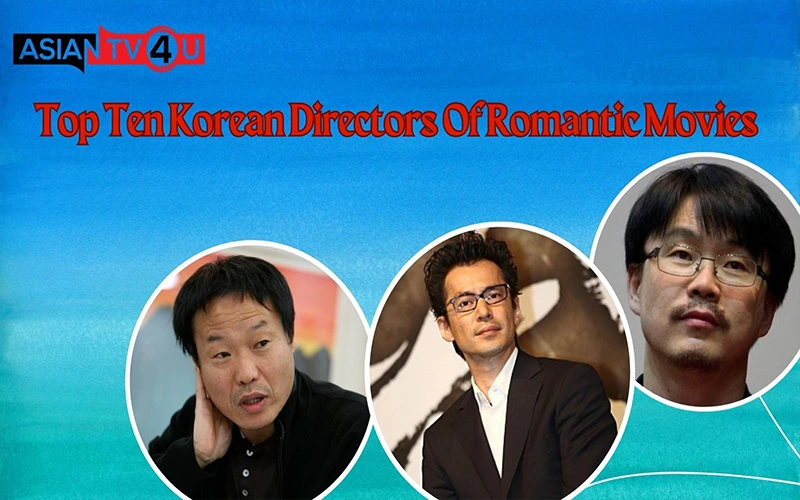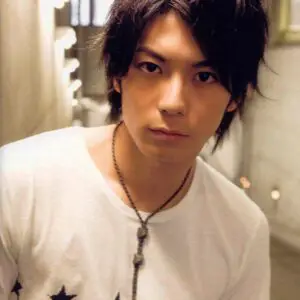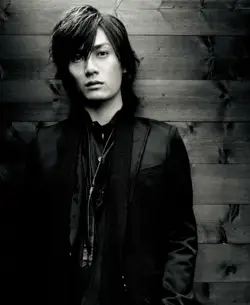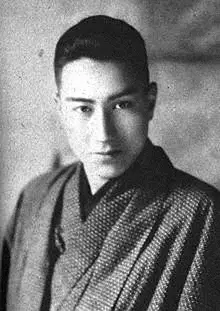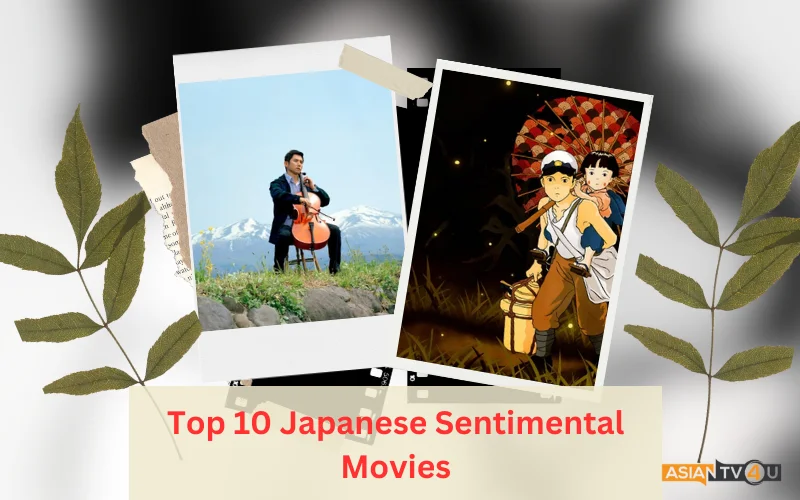
Films exploring the intricacies of human emotions, relationships, and short-lived moments that define our lives have a long history in Japanese cinema. These movies, are sometimes referred to as "sentimental movies," have a special place in the movie industry because they provide audiences with a deep and personal examination of the human condition. Japanese sentimental films have inspired viewers both at home and abroad with there focus on empathy, reflection, and the beauty inherent in everyday interactions. These film directors and writers have a unique capacity to convey the unsaid feelings that lurk beneath the surface, fostering a very emotional connection between viewers and the characters. These movies retain their emotional impact while questioning traditional narratives and offering a forum for dialogue on significant topics.
1. Tokyo Story
Tokyo Story (1953) is a masterwork of cinema known for its deep examination of family relationships and social transformation. The movie is about an old couple who travel to Tokyo to see their grown children, only to discover that they are treated wrongly in the busy metropolis. Ozu invites viewers to consider the passing of time and the complexity of familial relationships by capturing the generational split and the fleeting nature of human bonds in simple yet emotionally charged moments. Directed by: Yasujirō Ozu
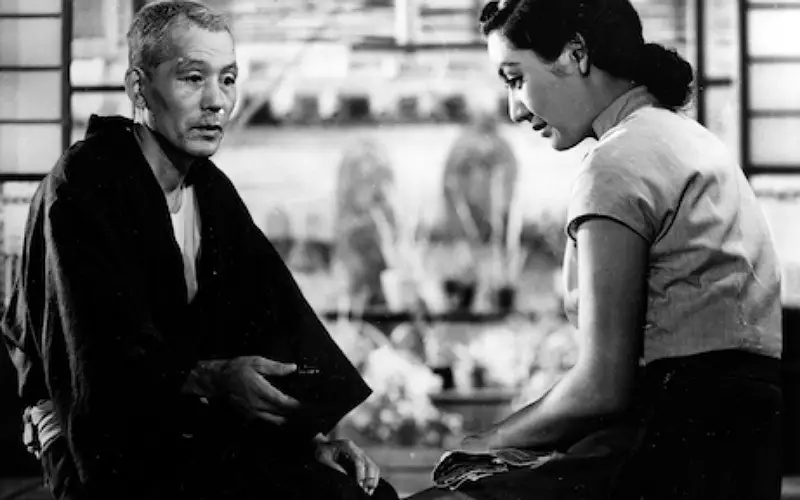
2. Grave Of The Fireflies
The tragic animated picture Grave of the Fireflies (1988) is set against the backdrop of World War II. Two siblings, Seita and Setsuko, are followed as they fight to survive in the wake of Kobe's firebombing during World War II. The film depicts their struggles, the sibling bond, and the terrible effects of war on civilians. The film's poignant portrayal of innocence shattered by hardship highlights the tragedy of conflict and the enduring bond between siblings in the face of adversity. Directed by: Isao Takahata
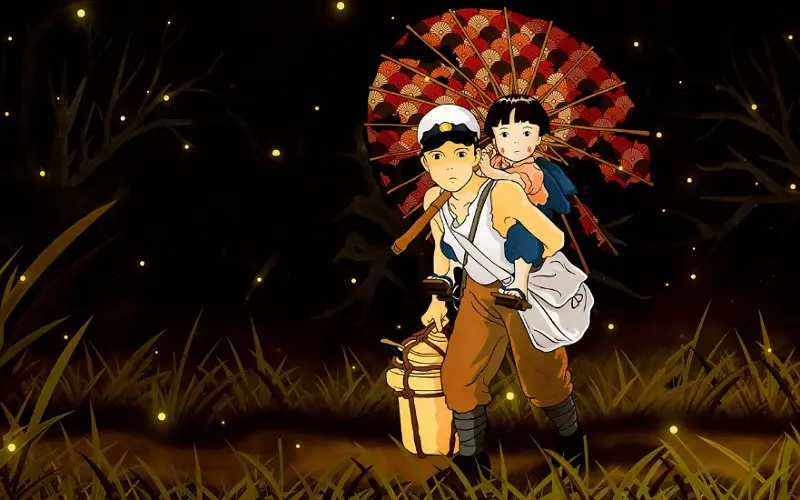
3. Departures
Departures (2008) presents a distinctive viewpoint on mortality and Japanese cultural customs. The narrative centers on Daigo, a cellist who, when his symphony disbands, ends up taking a job as an encoffiner—someone who gets remains ready for burial. The film deftly explores life, death, and the human need for closure via Daigo's experiences, dispelling myths about dying and allowing viewers to enter a realm that is frequently kept secret. Directed by: Yōjirō Takita

4. A Silent Voice
A Silent Voice (2016) explores the aftermath of bullying and the journey of redemption. The story follows Shoya, a former bully, and Shoko, a deaf girl he used to torment. Years later, Shoya seeks redemption and attempts to reconnect with Shoko, leading to a complex exploration of guilt, forgiveness, and communication. Through its emotional storytelling, the film encourages viewers to reconsider the impact of their actions on others. Directed by: Naoko Yamada
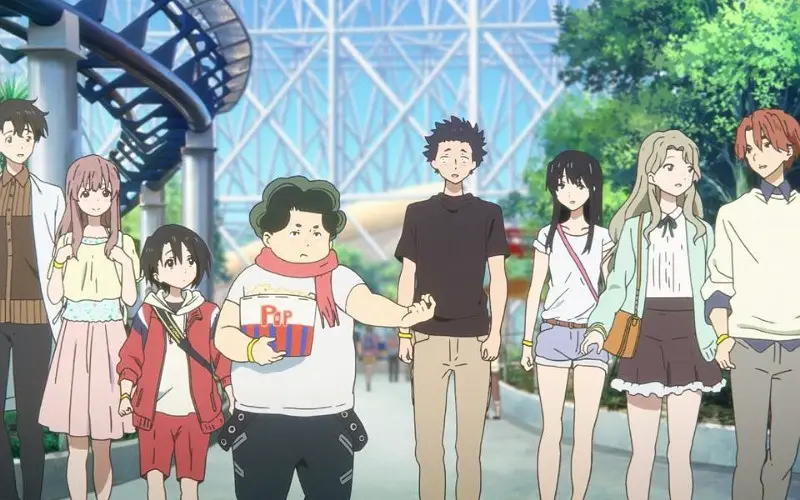
5. The Garden Of Words
The Garden of Words (2013) is an animated masterpiece that revels in visual and emotional beauty. The film centers on Takao, a high school student who seeks refuge from his problems by spending time in a garden during rainy mornings. There, he meets Yukari, an older woman, and their interactions become a source of solace and mutual understanding. Through their shared moments and conversations, the film contemplates the significance of fleeting connections and the transformative power of understanding. Directed by: Makoto Shinkai
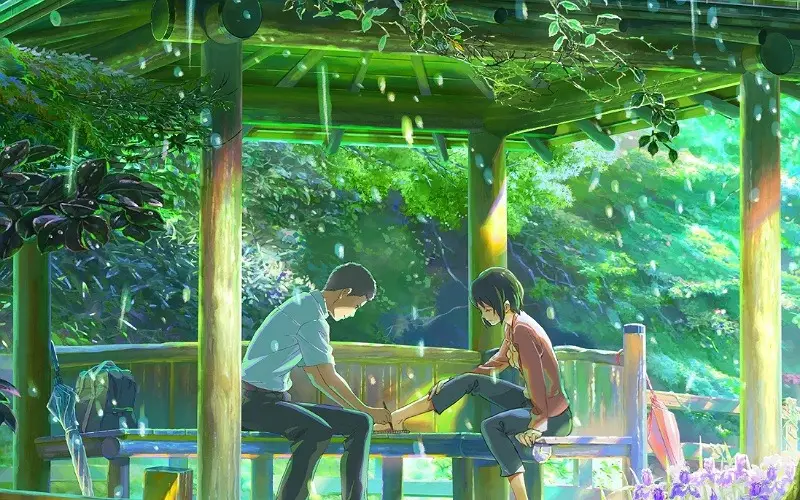
6. Still Walking
Still Walking (2008) offers an intimate glimpse into the dynamics of a family gathering. The film depicts a day in the life of a family gathering to commemorate the death of their eldest son. As family members come together, tensions, unresolved issues, and unspoken emotions come to the surface, revealing the complexities of familial relationships. Through its contemplative storytelling, the film examines the intricacies of family relationships and the impact of the past on the present. Directed by: Hirokazu Kore-eda
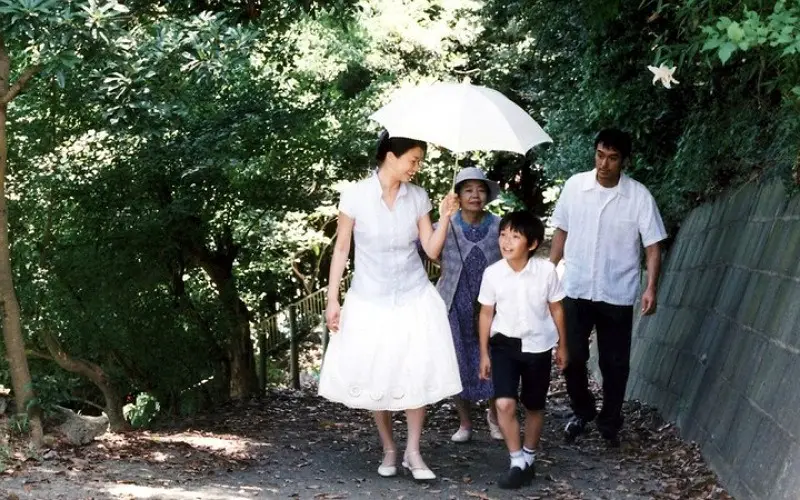
7. Like Father, Like Son
Like Father, Like Son (2013) revolves around two families whose lives are upended when they discover that their young sons were switched at birth. The story revolves around two families who discover that their six-year-old sons were switched at birth. The film explores the challenges faced by both sets of parents as they grapple with the nature of parenthood, societal expectations, and the meaning of family. Through empathetic storytelling, the film prompts viewers to question the essence of family and the bonds that connect individuals. Directed by: Hirokazu Kore-eda
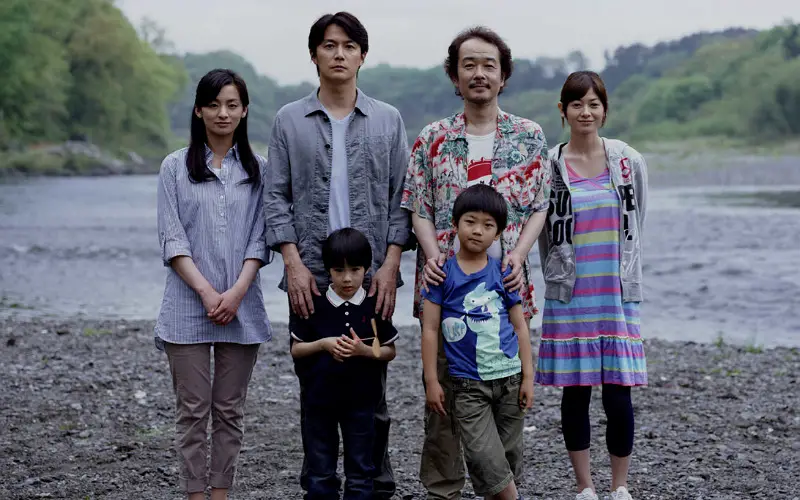
8. Norwegian Wood
Norwegian Wood (2010) is a visually evocative exploration of love, loss, and memory. Based on Haruki Murakami's novel, the film follows Toru as he navigates his way through love, grief, and nostalgia after the death of his best friend. His relationships with two women, Naoko and Midori, become a poignant exploration of youthful emotions. Director: Tran Anh Hung

9. The Wind Rises
The Wind Rises (2013) is an animated tour de force that blurs the lines between dreams and reality. The film is a fictionalized biography of Jiro Horikoshi, the designer of Japan's World War II fighter planes. While exploring Jiro's passion for aviation and engineering, the film also addresses the ethical dilemma of creating weapons of war. Through Jiro's artistic pursuits and his connection with Naoko, the film navigates themes of creativity, ambition, and the complexities of human aspiration in times of adversity. Directed by: Hayao Miyazaki
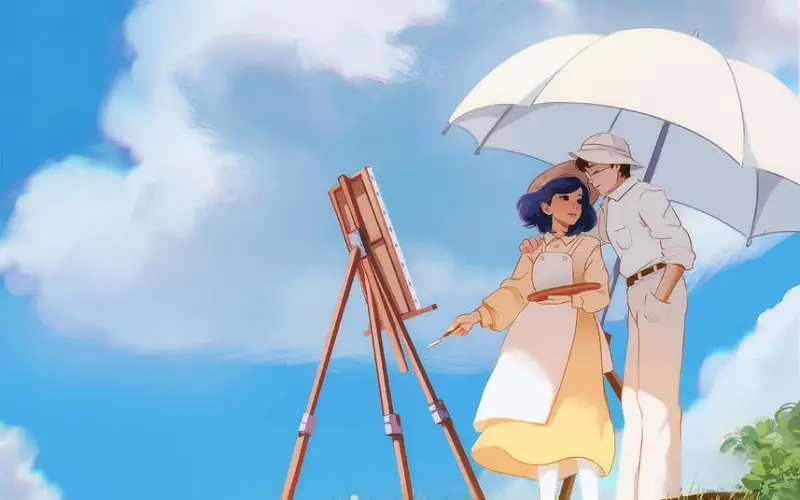
10. Sweet Bean
Sweet Bean (2015) weaves a tender narrative centered on the relationship between Sentaro, a dorayaki maker, and Tokue, an elderly woman with a secret recipe for sweet bean paste. Their unlikely friendship develops as they collaborate to revitalize the dorayaki shop and discover the beauty in each other's stories. As the characters bond over their shared experiences, the film celebrates the beauty of human connection and the profound impact that understanding and empathy can have on lives of individuals from different generations. Directed by: Naomi Kawase
